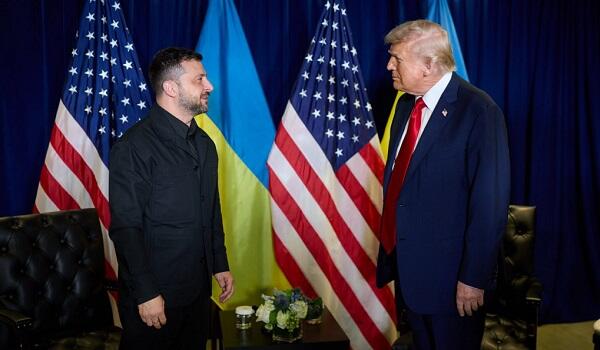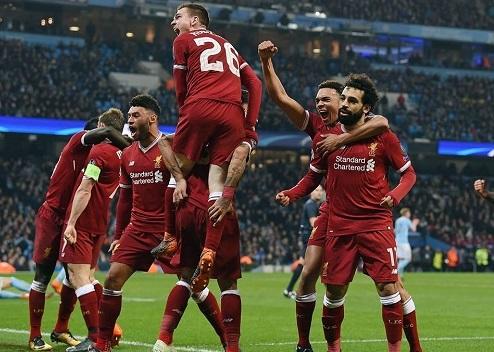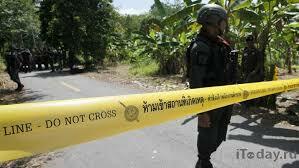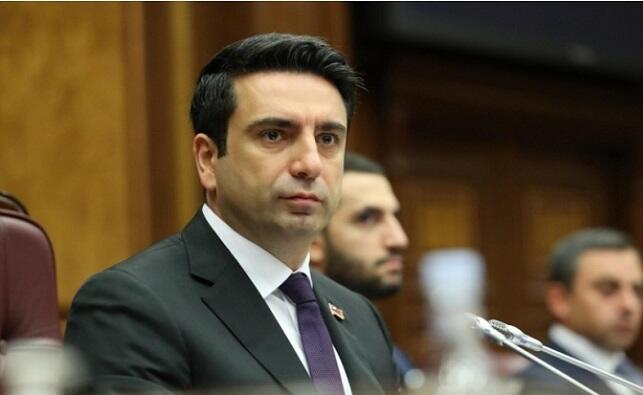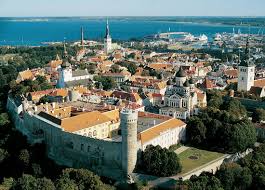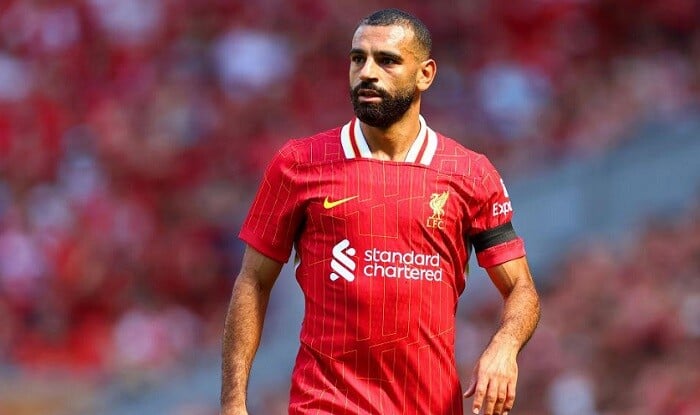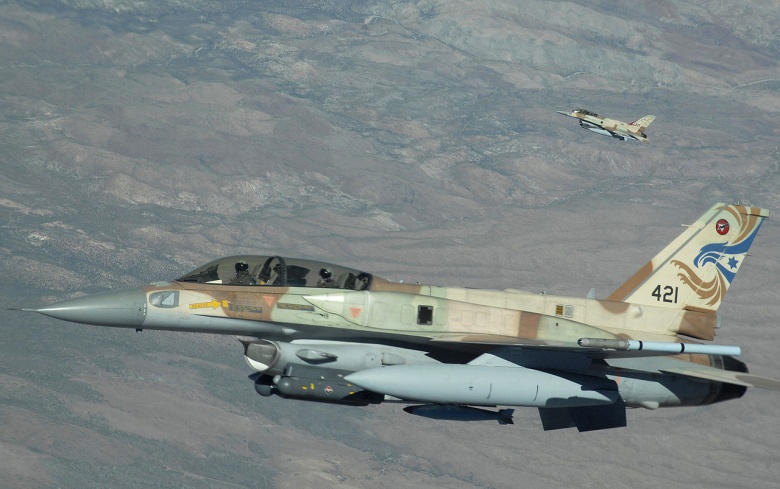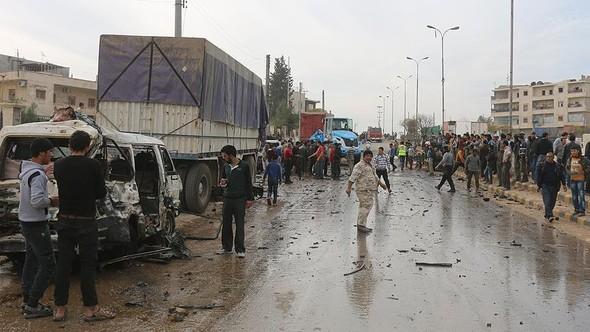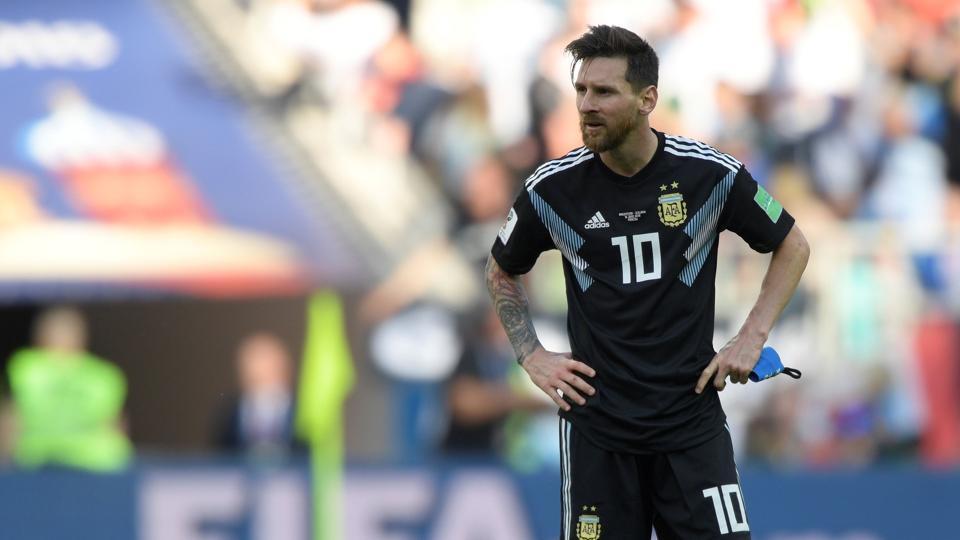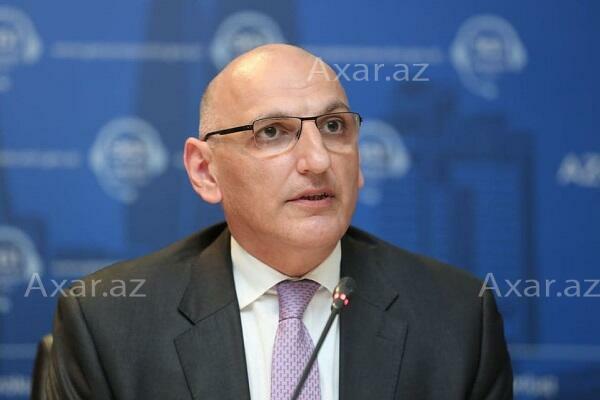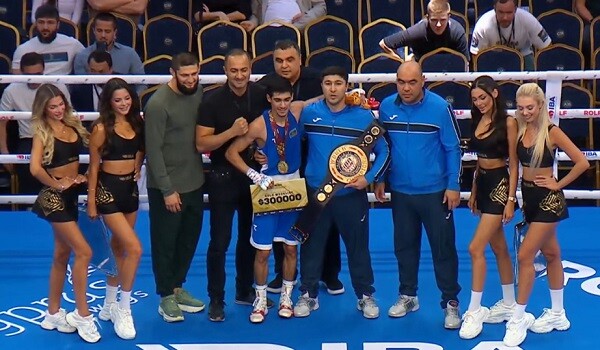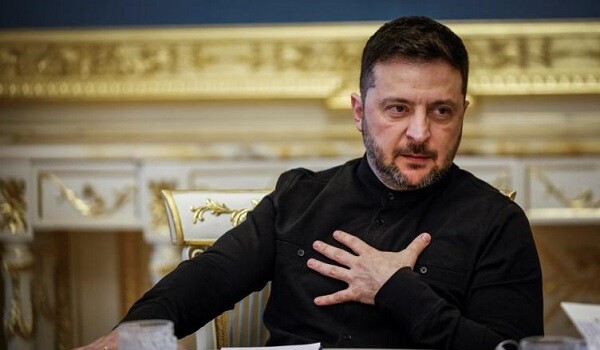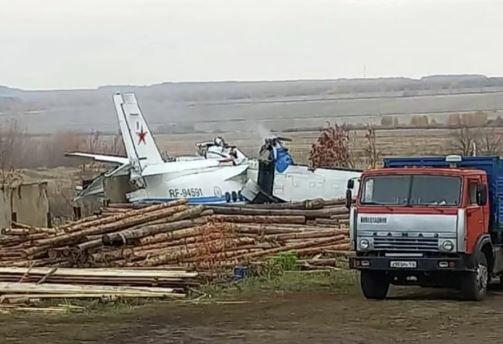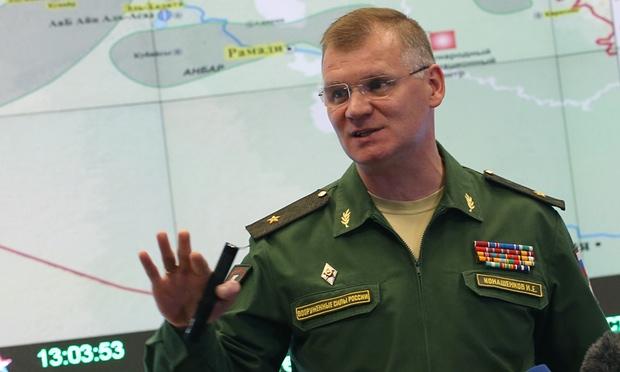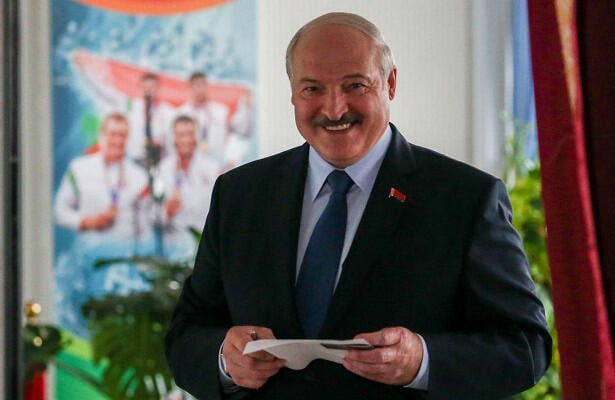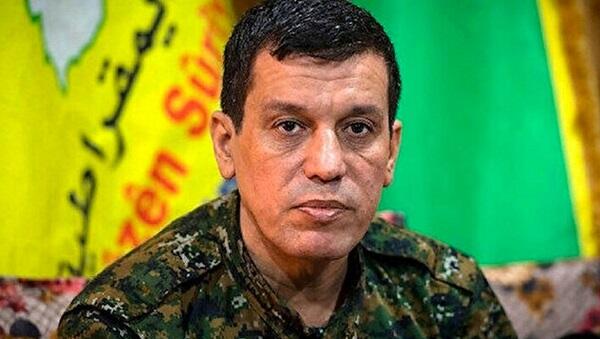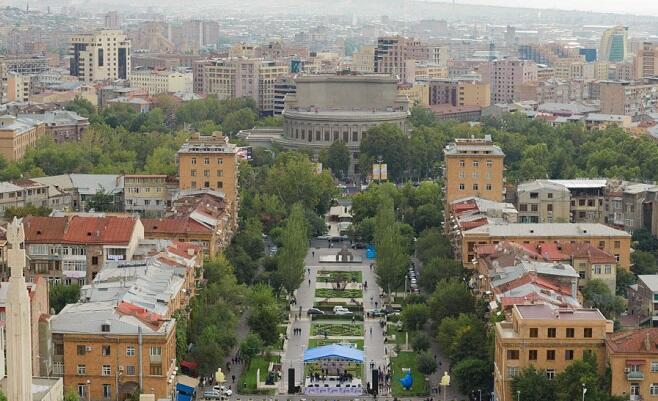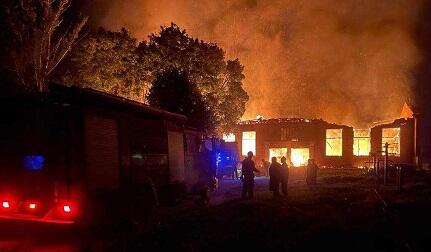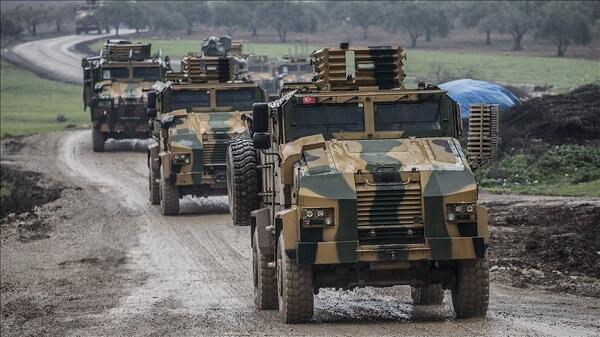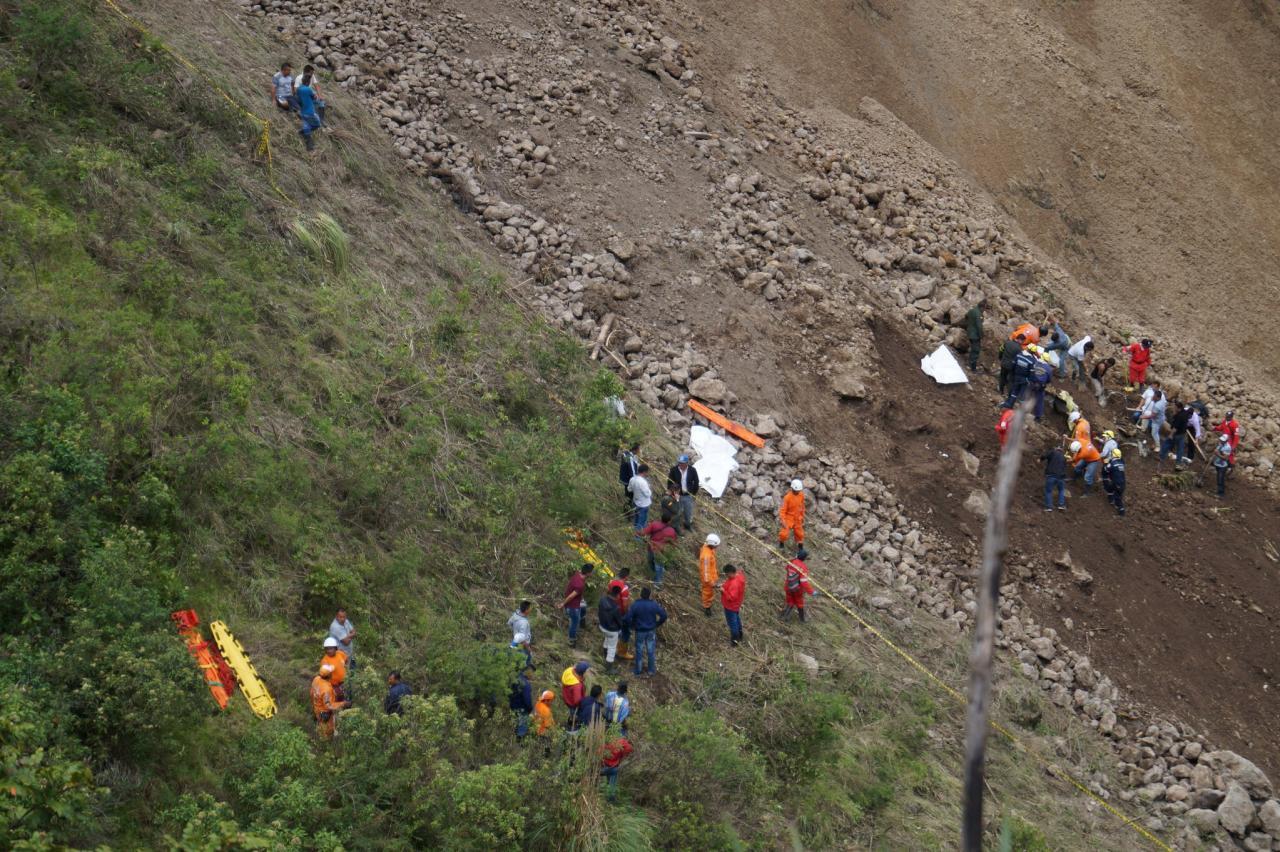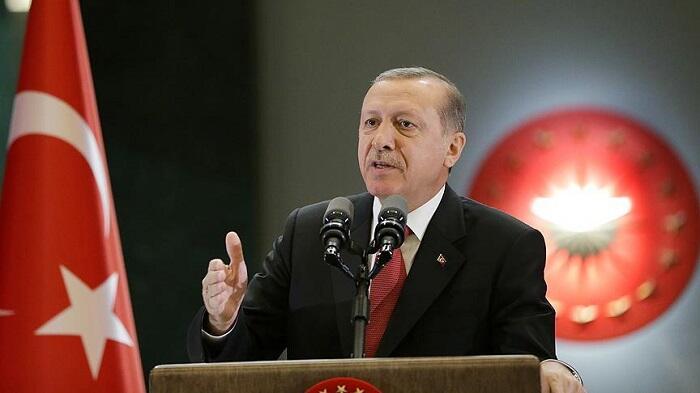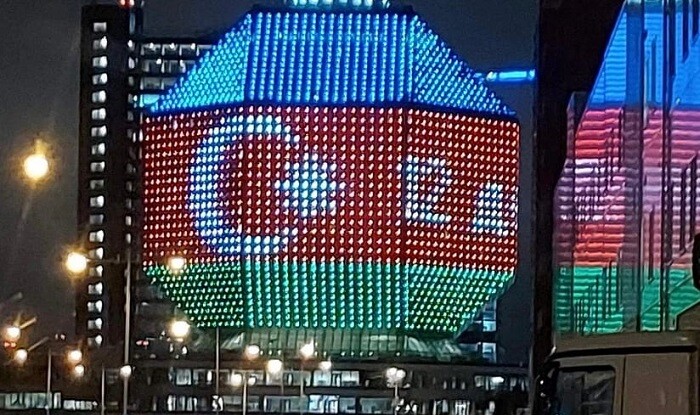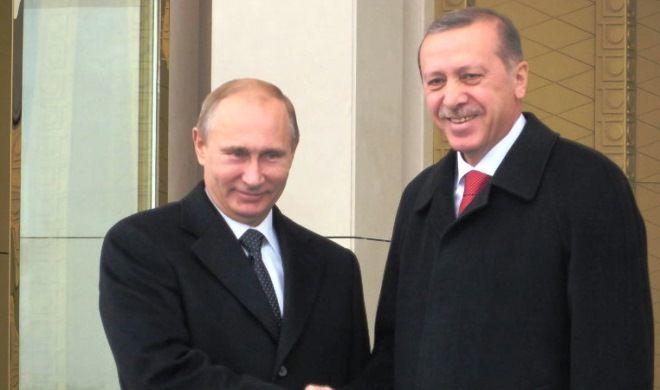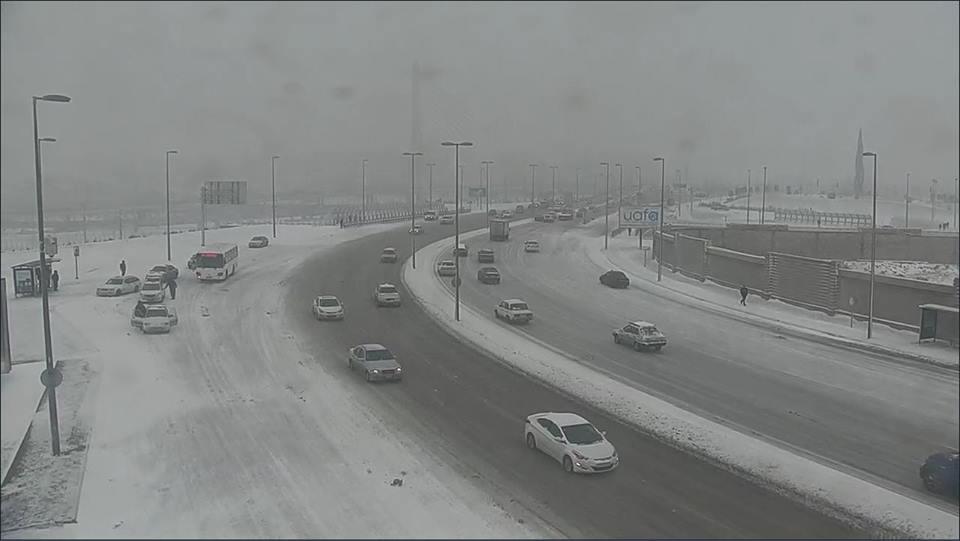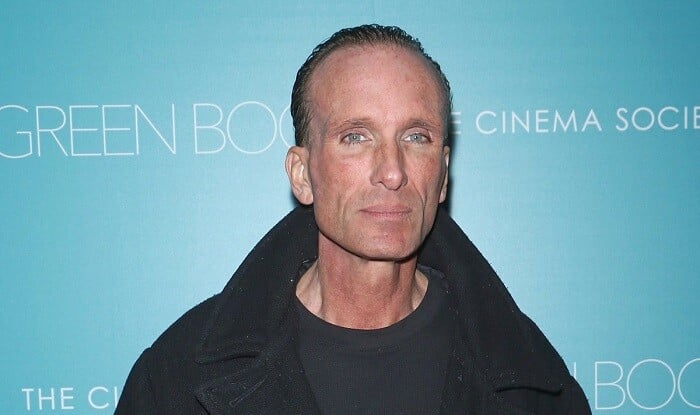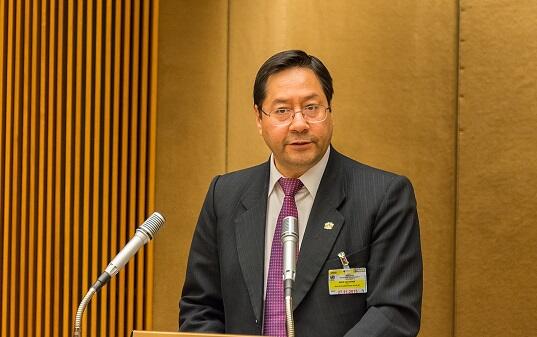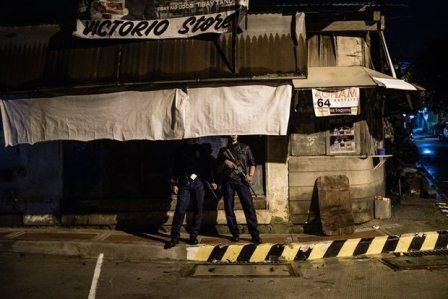“We are not that bad policemen or bad individuals. We are just a tool, we are just angels that God gave talent to, you know, to get these bad souls back to heaven and cleanse them.”
The words flow unnervingly from the mouth of the policeman, a senior officer in the Philippines national police (PNP), as he explains his role in 87 killings in the past three months.
It’s not about killing for pleasure, or being a “homicidal maniac”, he says. There is a higher purpose at play.
“We are here as angels. Like St Michael and St Gabriel, right,” he says.
Well in excess of 3,600 people have been killed in the Philippines since 1 July this year, when Rodrigo Duterte was inaugurated as president and initiated his war on drugs and crime. More than half of those murders have been perpetrated by unknown vigilantes.
The mass killings have sparked international concern; from the United Nations to Barack Obama and his US administration, as well as from Human Rights Watch and Amnesty International. Amnesty has issued warnings about the “climate of lawlessness and fear that has gripped the country”.
The fear is that the Philippines has slipped into an era of the death squad. The situation is unlikely to have been helped by the president’s own words and allegations made against him. Last week Duterte, after citing Hitler and the Holocaust, said he would happily “slaughter” three million drug addicts.
That was preceded by a revealing testimony at an ongoing senate inquiry last month, where a self-confessed assassin testified that Duterte, in his previous incarnation as the longtime mayor of the city of Davao, had ordered the killing of criminals and his opponents – and in one case even personally “finished off” an employee from the justice department with a sub-machine gun.
Reports of such macabre acts have only added weight to stories about assassins currently employed by police to get rid of suspected drug pushers.
Now, for the first time, a serving officer is revealing the inner workings of what he claims is an officially sanctioned, albeit secret, campaign to rid the streets of unwanted citizens.
In the past three months he claims dozens of individuals have been killed – or in Philippine police talk, “neutralised” – by this officer and his “special ops” team alone.
It is the unknown side of Duterte’s dirty drug war – but it hasn’t come out of nowhere.
The police officer sits beyond a beaded curtain in the back room of a Manila brothel as he begins to tell the story of his job.
The officer, appears at ease here. He feels secure and chose this place to talk.
“Sometimes I just come here for a good night’s sleep,” he jokes, eyeing the single mattress in the nondescript private room, the old air conditioner the only thing on the walls, humming noisily in the tropical heat.
Later he says brothels are discreet places for discussions that he doesn’t want anyone to hear.
But first he reveals what for many will be shocking details of his employment in a death squad.
“They have created us. The term is ‘they have unleashed the beast from the cage’ right, to neutralise those criminals,” he says.
The officer claims he is part of one of 10 newly formed and highly secretive police special operations teams, each with 16 members.
He claims the teams are coordinated to execute a list of targets: suspected drug users, dealers and criminals.
The killings mostly take place at night, he says, with the officers hooded and dressed in all black. They set their watches, giving themselves one minute or two to extract target individuals from their houses and kill on the spot – swift, precise, no witnesses.
He claims they then dump the bodies – in the next town or under a bridge – or they plaster masking tape around the head of the corpse and place a cardboard sign on the body that reads “drug lord” or “pusher”.
“We put placards in order for the media, in order for those investigating [the] bodies to redirect their investigation,” he explains, leading them to think: “‘Why should I investigate this guy, he is a drug pusher, he is a rapist, never mind with that one, I will just investigate the others. It’s a good thing for him that happened to him.’”
In the Philippines they have a term for it: “salvage” victim. Someone killed and dumped in the street or thrown in the river. A corpse that is later salvaged.
There have been many killings lately, the officer jokes, that these days you can easily get away with any kind of murder: “You can kill him, put masking tape on him and everybody is going to think that guy is a drug pusher.”
The officer says he was first deployed just after Duterte was elected to his special operations team, which was being formed for national security.
He recalls his first meeting in which superiors allegedly described what was to happen next.
“And then they are briefing us that, ‘From now on it will be a different story. All those pending cases that identified hardened criminals on drugs and hardened murderers, we are going to have to neutralise them, so that’s the order. We need your special skills.’”
He says the team leader is contacted via radio and a specific code – each special ops officer is known by a numeric code – and told to report to base. There they are given a dossier of targets, files of drug dealers, users and criminals to “neutralise”.
“Like, for example, they will send us a picture, a profile of this individual,” explains the officer. “Automatically, one or two of my team will go to the place where this individual dwells and then of course first we are going to conduct background checks.”
The team investigates the individuals to determine whether they are involved in drug dealing or other illegal activities, whether they are “God-fearing” or a “parasite”, and then acts accordingly.
“So that’s how we weigh him, so maybe we conduct our own justice,” he says. “And of course the government is ordering us to do so.”
The officer, dressed in a red sports shirt and jeans, argues the special ops teams are doing a service for society, perhaps giving a hint at his motivation for speaking about such a sensitive subject.
“We are the kind of policemen that we don’t just kill for pleasure,” he explains. “But if we think this is a hardened individual or hardened criminal who makes his living as a parasite to others, well we will have no conscience. We are going to give him the worst death [so] that even Satan cannot look straightforward to him because he has a very bad death.”
The allegations from the officer are shocking. And although the Guardian can verify the policeman’s rank and his service history, there is no independent, official confirmation for the allegations of state complicity and police coordination in mass murder.
